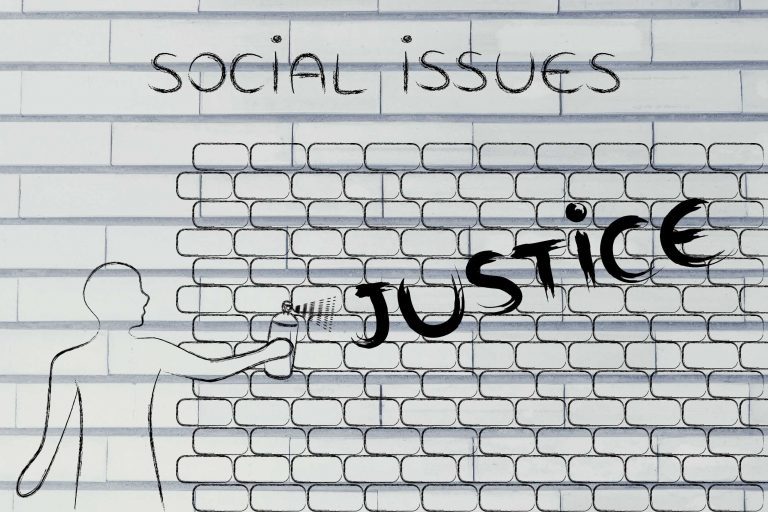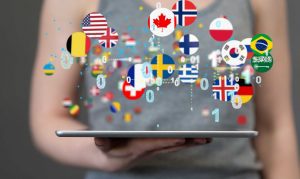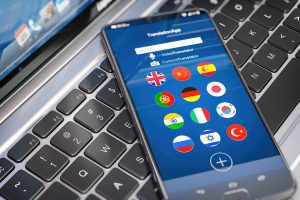In today’s diverse and interconnected world, language serves as a fundamental tool for communication, access to services, and the exercise of one’s rights. However, unequal language access can hinder individuals’ abilities to fully participate in society, leading to disparities in accessing essential services and justice. Bylyngo Interpreting and Translation recognizes the pivotal role of language equity in ensuring fair access to communication and justice for individuals, irrespective of their language proficiency.
Understanding Language Equity
Language equity revolves around providing fair and impartial access to communication and services for all individuals, regardless of their linguistic background. It ensures that language barriers do not hinder an individual’s ability to access crucial information, services, education, employment, healthcare, and legal representation.
Language as a Barrier to Justice
In legal settings, language barriers can significantly impact an individual’s access to justice. Without adequate language assistance, individuals with limited English proficiency may struggle to understand legal proceedings, communicate effectively with legal authorities, or comprehend essential legal documents, thus compromising their right to fair representation.
Healthcare Access and Language Barriers
In healthcare, language barriers can pose serious risks, impacting patient safety and healthcare outcomes. Miscommunication due to language barriers can lead to misunderstandings about diagnoses, treatment plans, medication instructions, and healthcare procedures, potentially compromising the quality of care individuals receive.
Educational Inequality and Limited Language Proficiency
Language barriers in education can hinder students’ academic progress and limit their opportunities for success. Students with limited English proficiency may face challenges in understanding classroom instruction, accessing educational materials, and fully engaging in educational activities, affecting their overall academic achievement.
Interpreters: Facilitators of Language Equity
Professional interpreters play a crucial role in promoting language equity. They serve as intermediaries, ensuring effective communication between individuals who speak different languages. By providing accurate and culturally sensitive interpretation services, interpreters enable equitable access to justice, healthcare, education, and other essential services.
Importance of Translating Critical Documents
Translation of essential documents, such as legal papers, educational materials, healthcare information, and governmental communications, is vital in ensuring language equity. Accurate translations enable individuals to access and comprehend vital information in their preferred language, empowering them to make informed decisions and exercise their rights effectively.
Bylyngo’s Commitment to Language Equity
At Bylyngo Interpreting and Translation, we prioritize language equity by providing high-quality interpretation and translation services. Our certified interpreters and translators are proficient in diverse languages and cultural nuances, ensuring accurate, clear, and culturally sensitive communication that upholds language rights.
Raising Awareness and Advocacy
Bylyngo actively participates in raising awareness and advocating for language equity. We collaborate with organizations, institutions, and policymakers to highlight the importance of language access as a fundamental right, emphasizing the need for adequate language support across various sectors.
Empowering Through Equitable Communication
Language equity empowers individuals, ensures fair access to services and information, and promotes inclusivity in society. Bylyngo’s commitment to language equity aims to break down language barriers, promote understanding, and create a more just and accessible environment for everyone.
In conclusion, language equity is crucial for fostering inclusive and just societies. Bylyngo Interpreting and Translation stands as a champion for language equity, advocating for fair access to communication, services, and justice for individuals with diverse linguistic backgrounds.
Together, let’s work towards a world where language is not a barrier but a bridge to equitable communication and access to rights and services. By prioritizing language equity, we can create more inclusive environments that empower individuals to fully participate in society, irrespective of their language proficiency.







